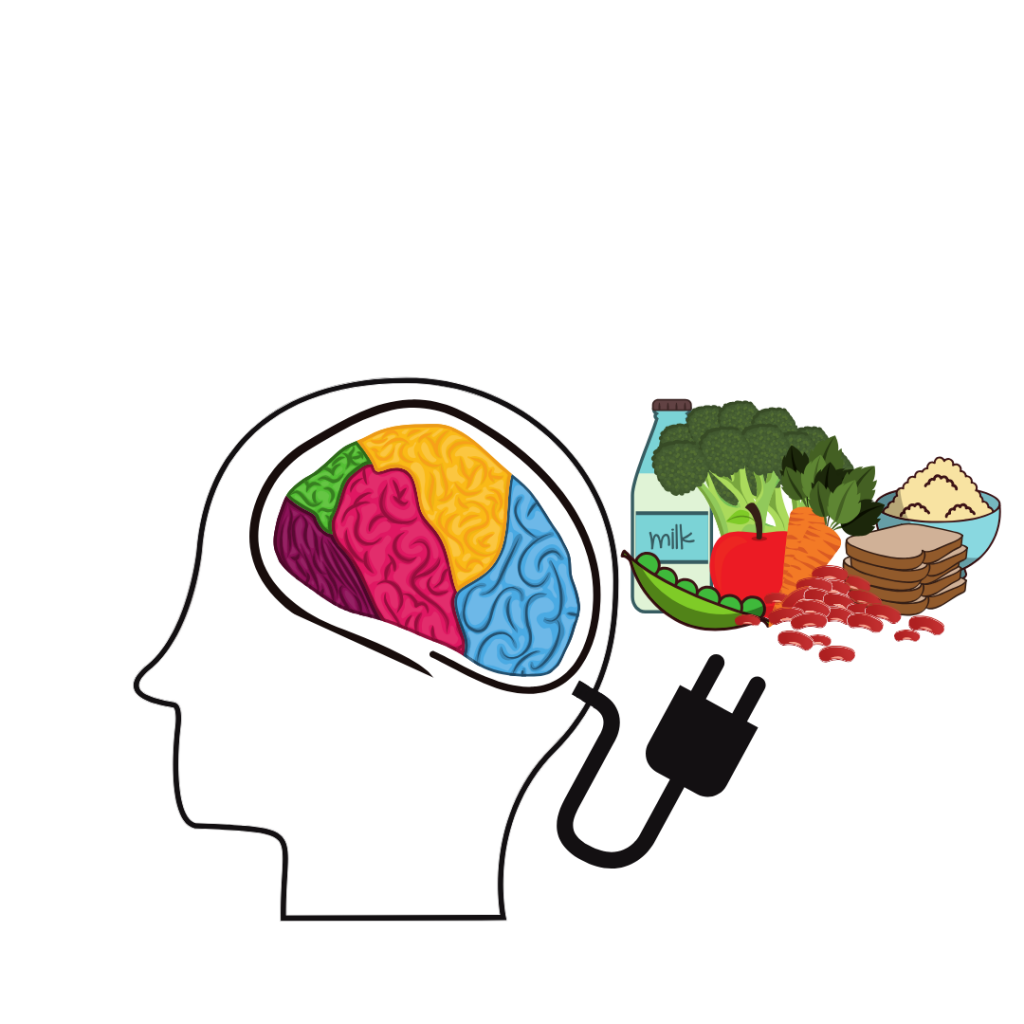Carbohydrates are an important nutrient. They help ensure proper growth and are a major source of energy during times of rest and physical activity. Carbohydrates are found in foods like bread, potatoes, pasta, rice, fruit, vegetables, beans, cookies, candy, and milk. They can be classified as sugars, starches, or fibers.

Sugars
Sugars (“simple carbohydrates”) are found in many foods, including highly processed foods, such as soda, candy, some breakfast cereals, and baked goods, to which the sugars are added. Sugars from these foods are digested and absorbed into the bloodstream quickly, causing a rapid rise in blood sugar. Some of these foods may also lead to a fast “crash” in blood sugar, leading to feelings of hunger sooner. However, there are “naturally occurring” sugars in foods such as fruit and milk, which have many nutrients that benefit health.
Starches
Starches (“complex carbohydrates”) are found in foods such as vegetables, rice, and breads. These carbohydrates are larger, made up of multiple sugar units, and are therefore digested and absorbed more slowly than sugars. This means starches help you feel more satisfied longer.
Fibers
Fibers (“complex carbohydrates”) are found in foods like whole grain bread, brown rice, oatmeal, vegetables, and fruits. These carbohydrates are not digested but pass through the intestine and are eliminated. As such, these fibers promote regular bowel movements. Eating a high-fiber diet can also help lower your blood cholesterol and reduce your risk of developing diabetes and heart disease.
What is the Recommended Daily Carbohydrate Intake?
For adults it is recommended that carbohydrates make up 45-65% of your total daily calorie intake. So, if you eat 1,700 calories per day, you should aim for at least 191 grams of carbohydrates (or 765 calories from carbohydrates) throughout the day.
Choose a variety of beans, whole grain foods instead of refined grain foods, and various whole fruits and vegetables (fresh, frozen, or canned) instead of packaged products with added sugars. Select milk and yogurt with minimal or no added sugar.

Did You Know?
While many diets restrict them, carbohydrate-rich foods are not necessarily “bad.” Sugar intake should be limited, but other foods with complex carbohydrates, such as whole grains, include vital nutrients for brain development, hair growth, and synthesis of hormones. Make carbohydrates 45-65% of your total daily calorie intake by choosing complex, high fiber choices!

